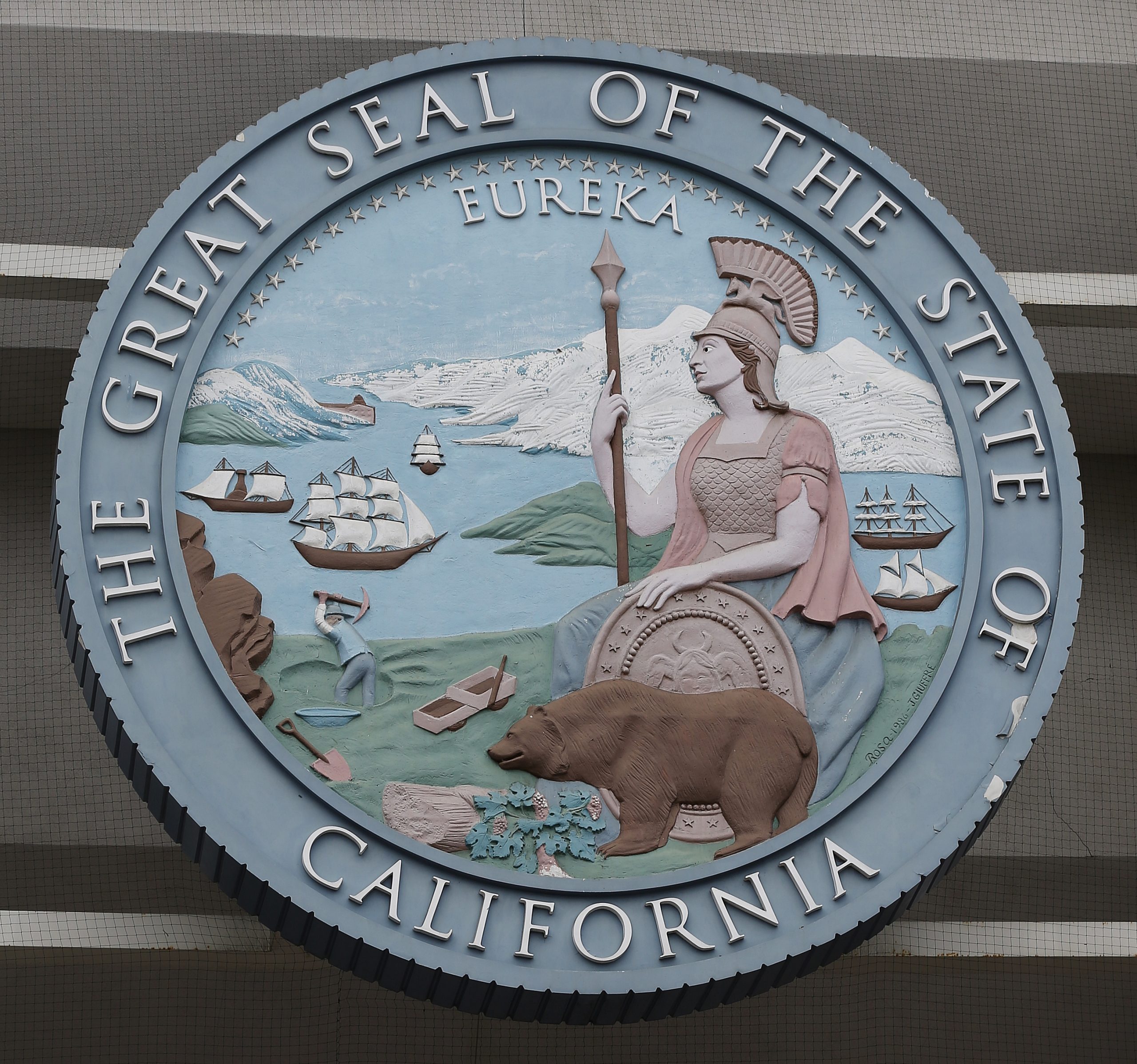June 30 was the deadline for ballot propositions to qualify for the November general election ballot in California. The deadline applied to signature verification, ballot proposition withdrawal, and legislative referrals.
Californians will be deciding on seven ballot propositions—six citizen-initiated measures and one legislatively referred constitutional amendment.
At the top of the ballot will be a constitutional amendment to prohibit the state from interfering with or denying an individual's right to an abortion and use of contraceptives. The amendment passed the state legislature on June 27 after the U.S. Supreme Court overturned Roe v. Wade and Planned Parenthood v. Casey on June 24. With the proposition’s certification, 2022 became the year with the most ballot measures addressing abortion on record with five.
Voters will also decide on the following citizen-initiated measures:
- A constitutional amendment and statute backed by American Indian tribes to legalize sports betting at American Indian gaming casinos and licensed racetracks in California with a 10% tax on profits;
- A constitutional amendment and statute backed by national sportsbook companies, like FanDuel and DraftKings, to legalize online and mobile sports betting outside of American Indian lands with a 10% tax on revenues dedicated to programs to address homelessness and tribal economic development;
- A law to require a minimum source of annual funding—equal to, at minimum, 1% of the total state and local revenues that local education agencies received under Proposition 98 (1988) during the prior fiscal year—for K-12 public schools, including charter schools, to fund arts education programs;
- A law to enact staffing requirements, reporting requirements, ownership disclosure, and closing requirements for chronic dialysis clinics;
- A law to increase the tax on personal income above $2 million by 1.75% and dedicate revenue to zero-emission vehicle projects and wildfire prevention programs; and
- A veto referendum to uphold or repeal the ban on flavored tobacco sales.
Two initiatives related to plastic waste reduction and medical malpractice caps had previously qualified for the November ballot but were removed by sponsors after legislative compromises were passed.
An initiative related to pandemic-related research and funding and another that would increase the state minimum wage to $18 missed the signature verification deadline on the 30th. The first had 981,582 of the 997,139 signatures needed, and the latter had 608,293 of the 623,212 signatures needed at the time of the deadline. With counties still processing signatures, the initiatives could appear on the ballot in 2024.
The legislature adjourned on Thursday before taking a final vote to refer a constitutional amendment to join five other states in 2022 in removing constitutional language permitting enslavement or servitude as criminal punishments or debt payments.
Fifty-three initiatives were filed in California for the 2022 ballot. With six initiatives qualifying for the ballot, the ballot initiative certification rate for 2022 was 11.3%. Between 2010 and 2020, the average ballot initiative certification rate was 11.9%. The lowest rate was in 2014 with 4.5% or four of 89 initiatives qualifying for the ballot. The highest rate was 2020 with 17.4% or eight of 46 initiatives qualifying for the ballot.
Between 1985 and 2020, California ballots featured 395 ballot propositions with 58% or 228 measures approved and 42% or 167 measures defeated.



